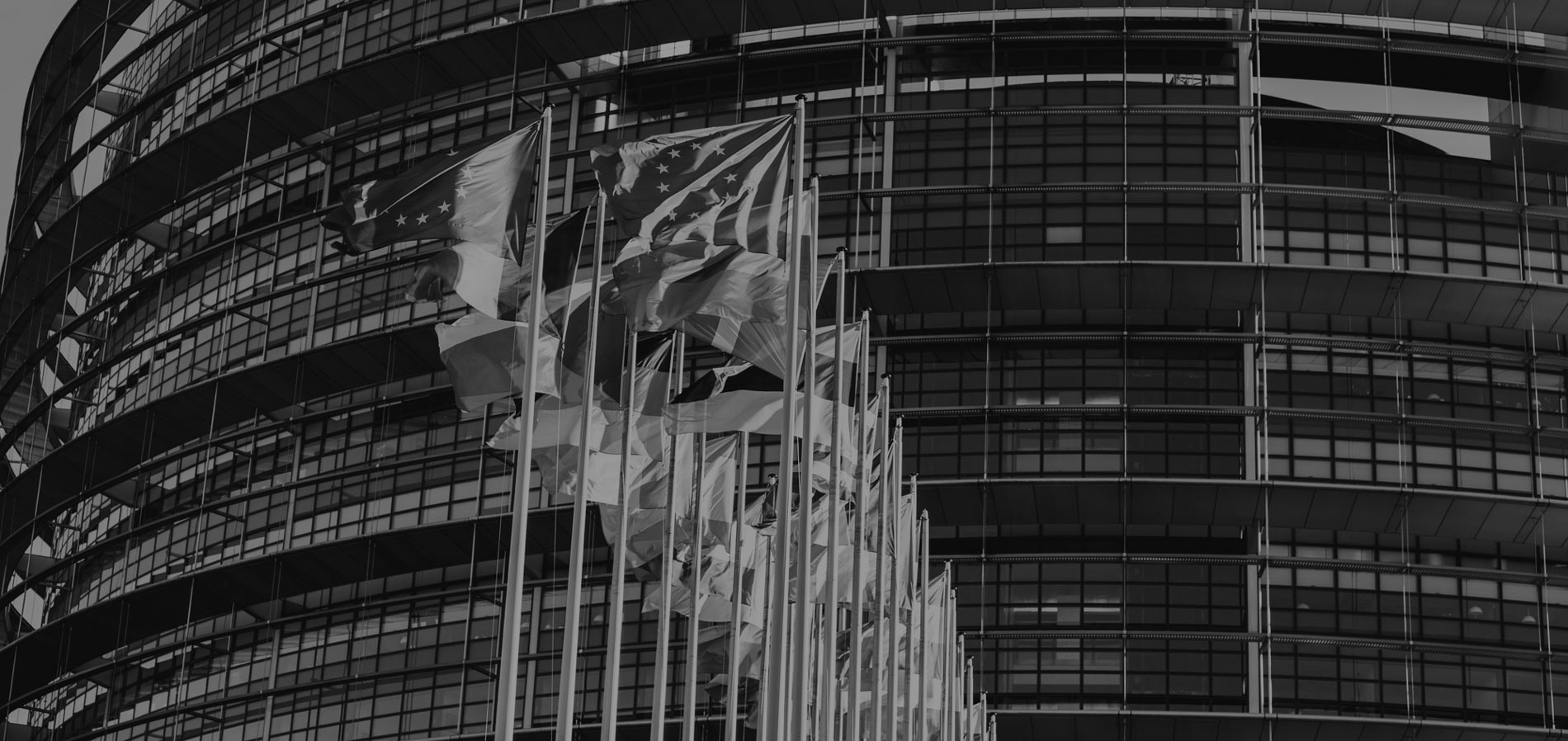Elections in Catalonia: the end of the pro-independence movement?
Every Monday morning, you can listen the director of the Identity and Democracy Foundation on Ligne Droite, Radio Courtoisie’s morning show, followed by his column on our website. This week, we focus on the election in Catalonia.
Watch the video:
Early elections to the Parliament of Catalonia were held on Sunday 12 May. Spain is a decentralised state, and the regions have a great deal of power. This is particularly the case in Catalonia, where there is a strong nationalist, autonomist or pro-independence movement. In 2017, the regional government of Catalonia led by Carles Puigdemont declared the region’s independence, which led to very high tensions and violent repression by the Spanish government. Since 2017, the Catalan regional government has been led by moderate pro-independence members of the ERC party (Republican Left of Catalonia). These regional elections in Catalonia are therefore important for Spain, and one of the issues at stake is whether the pro-independence movement will maintain its domination of the region or lose it.
After a period of great tension, the issue of independence seems to be easing somewhat. The region is governed by the ERC party, the Republican Left of Catalonia, a moderate left-wing pro-independence party that is less radical than Puigdemont’s party, Junts per Catalunya (Together for Catalonia). In addition, the current Spanish government is made up of a coalition between the socialist left (Spanish Socialist Workers’ Party, Socialist Party of Catalonia) and Catalan nationalists (Republican Left of Catalonia and Junts per Catalunya), which has improved relations between Madrid and Barcelona. In addition, the difficult economic situation and the increase in immigration have seen the issues of purchasing power and insecurity take on greater importance in the Catalan public debate. Nevertheless, Puigdemont and his party are seeking to keep the question of independence at the forefront. Indeed, he has announced that if he fails to become President of the region after these elections, he will retire from political life. The campaign is thus criss-crossed by these two issues: on the one hand, Spanish national issues (purchasing power, insecurity, immigration) and, on the other, the question of Catalan independence.
The political forces at play
The political situation in Catalonia is complicated by the presence of a double divide: on the one hand, the classic left-right divide present throughout Spain, and on the other, a divide between Catalan independence fighters and pro-Spanish unionists. This has led to a proliferation of political parties. On the pro-independence side, there are three historic parties: on the right, Ensemble pour la Catalogne (Junts), Puigdemont’s radical right-wing pro-independence party, and on the left, ERC, the Republican Left of Catalonia. These two parties are joined by a far-left pro-independence party, the Popular Unity Candidacy (CUP). Lastly, there has recently been the emergence of an anti-immigration Catalan nationalist right, represented by the Catalan Alliance. This radical right-wing Catalan nationalism represents a break with historical Catalan nationalism, which has traditionally been in favor of immigration, particularly from Morocco, and sees this as a way of reducing the proportion of Spanish speakers in Catalonia. Opposite these parties are the loyalist parties, local variations of the major Spanish parties: on the left, the Socialist Party of Catalonia; on the right, the conservative Popular Party and the nationalist Vox. There is also the radical left-wing party Comuns Sumar, which is generally loyalist but in favor of self-determination for the Catalan people.
The election results
The Socialist Party of Catalonia won the elections with 28% of the vote, ahead of the pro-independence right-wing Junts, which nevertheless gained 21.6%. The big loser in these elections was the pro-independence left-wing ERC, which collapsed to 13.7% of the vote, just ahead of the unionist right-wing Popular Party, which gained 7 points to 11%. The radical left, both unionist and pro-independence, collapsed, while the Catalan nationalists of the Catalan Alliance entered parliament. These results reflect the importance of the issues of purchasing power, which benefited the socialist left, and immigration and insecurity, which benefited the conservative and national right. The Socialists are the big winners of these elections and can hope to create a government majority. Puigdemont’s gamble seems to have been lost, as for the first time since 2012, the pro-independence party has lost its majority, achieving its worst result since 1980. However, all is not yet lost for them. A unionist alliance is impossible, as the Socialists refuse to govern with the Vox nationalists. The only possibility for a Socialist-led majority would be a coalition between the Socialists, the radical left (Comuns Sumar) and the pro-independence left (ERC). But it could be dangerous for the ERC to break away from the united pro-independence front and join forces with the unionists. On the other hand, new elections could turn out to be a disaster for the ERC, as they could turn into a duel between the Socialists and the pro-independence Junts. Puigdemont can therefore still hope for new elections, which would probably be favorable to his party, or a minority pro-independence government. In any case, finding a majority will be difficult.
Socialist Pedro Sanchez’s left-wing government is based on a coalition between the socialist left, the radical left and the Catalan pro-independence parties. The formation of a government made up of the same forces in Catalonia would strengthen the Socialist government. On the other hand, if this alliance were to fail, particularly if the pro-independence left refused to govern with the Socialists and new elections were held in Catalonia (or if a pro-independence government were nevertheless formed), this could weaken Pedro Sanchez’s majority in Spain and recreate a new pro-independence crisis in Catalonia.






